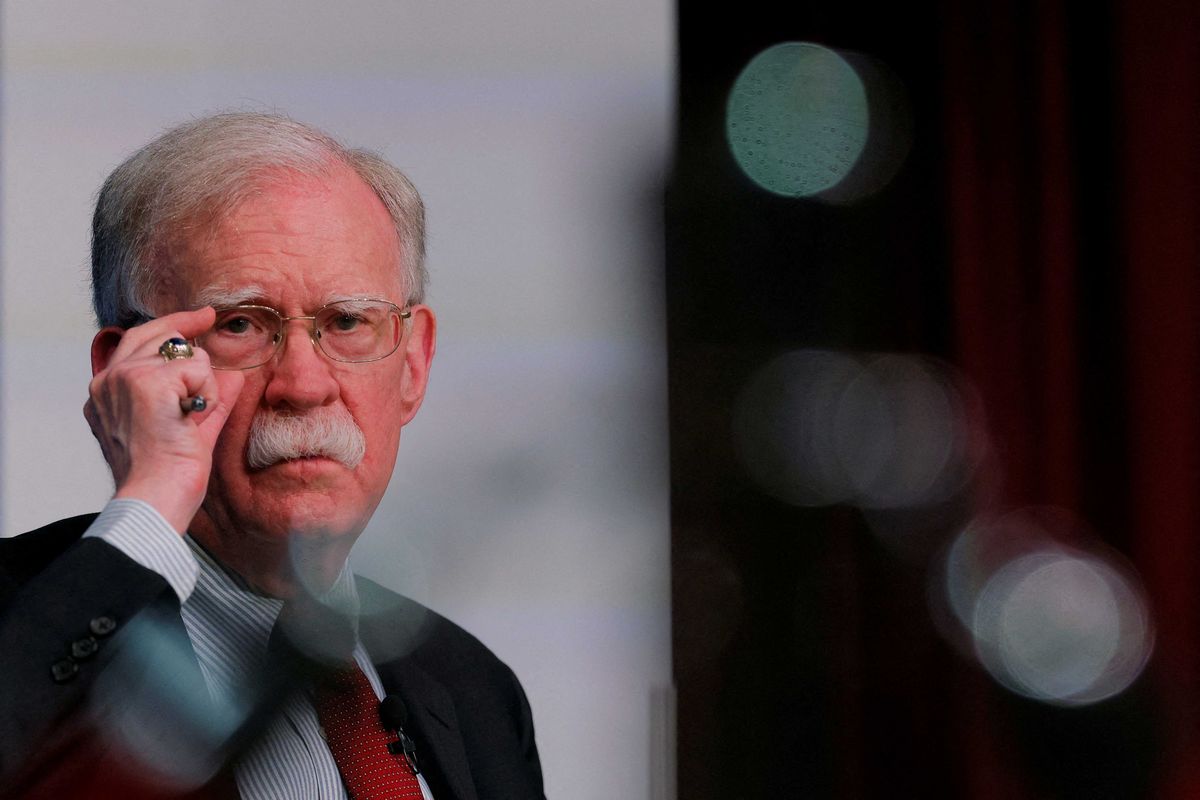
Former federal prosecutor Joyce Vance doesn't consider the Justice Department's indictment of President Donald Trump's former National Security Adviser John Bolton to be in quite the same category as the controversial and politically-motivated indictments of other Trump critics, like former FBI Director James Comey or New York Attorney General Letitia James.
That's because the indictment, which centers on Bolton's handling of classified information, actually outlines real charges, she said on Thursday's edition of MSNBC's "The Beat" — and in particular, one detail that looks very bad for him.
"When we talk about selective and vindictive prosecution, this is a selective prosecution of John Bolton for very similar conduct to what Donald Trump was indicted for, and what there's public reporting that Pete Hegseth did, that I think is something that Abbe Lowell, the very capable lawyer representing Bolton, will force the court to address," said Vance. "But while that's true, I don't think it does anything to undercut what we read in this indictment."
This indictment, she continued, is something "you would expect to see from professional prosecutors. It's very different than the Eastern District of Virginia indictments that we've seen involving Jim Comey and Letitia James. There's a 20-page factual predicate for the charges that are brought against Bolton, 18 of them for both retention of classified material and, more seriously in my view, for transmitting it ... through these unsecured lines of communication. I mean, I simply can't imagine sending a Gmail home at the end of the day that contained classified information. It's almost as though Bolton was carving out time during his day to begin writing his book and sending the information to his editors, albeit family members, in a non-secure form."
She then detailed what she considers "the most damaging paragraph, I think, in the indictment."
Specifically, she said, it's the portion that suggests that Bolton "discloses to the intelligence community that he's been hacked by Iran at some point, but he does not disclose that he was sending classified information using the account that got hacked. Now, look, the government has to prove willfulness and intent. That's the state of mind. That's always the difficulty in these espionage act cases. But boy, it's telling that he didn't make that disclosure when he disclosed the hack."
- YouTube www.youtube.com




